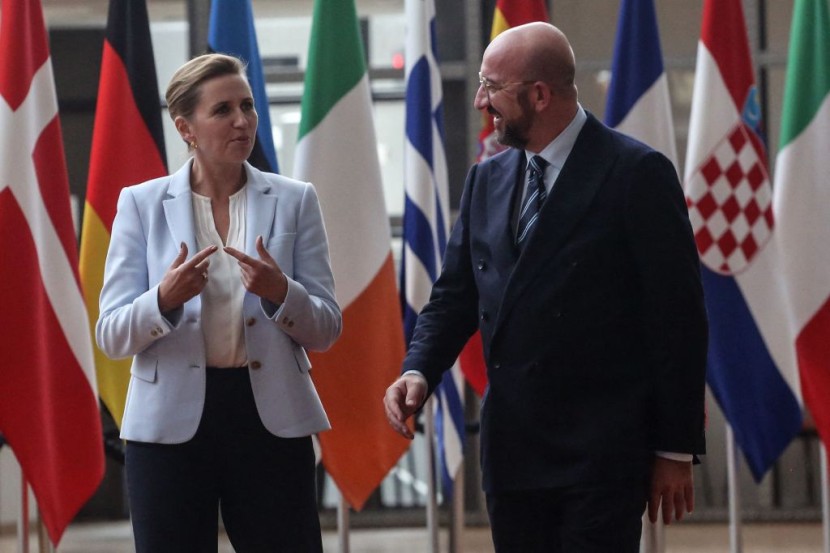
Czech Energy Minister Jozef Sikela considered the European Commission's moves to tame high natural gas prices in vain. As of now, the Czech Republic is the current head of the rotating presidency of the European Union.
Efforts To Cap Gas Prices
According to Sikela, the bloc is engaged in an energy conflict with Russia, which significantly impacts our sector. EU action must continue to be urgent and well-coordinated, reported Euractiv.
The biggest problem for European states is the rapidly increasing cost of gas and how it affects electricity prices.
Introducing a price ceiling on all imported gas or a new European price reference point for liquefied natural gas (LNG) that considers the decreasing role of Russian pipeline gas in the Eurozone's energy supply are two alternative options for resolving this issue, noted Euronews.
Kadri Simson, the EU's energy commissioner, stated that the ball had been handed to the EC, which will work collaboratively with EU capitals to advance these ideas just before the conference of European leaders the week after.
He went on to say that it's going to inevitably be the basis for a proposed law that would be made.
The proposal will come soon, but the energy minister told the press that he was unsure of the precise date. Additionally, the Czech energy minister is willing to take on whatever suggestion from the European Commission and help manage it fast as needed, which indicates that he's ready to work out a solution to the problem.
EU Leaders Caution on Oil Price Cap
The EU wants cheap natural gas prices, but it won't be getting it, despite claims by Brussels that all members of the bloc are fine with having a limit and telling producers their preferred price.
Speaking on the subject, a senior EU diplomat said that there is presently no agreement on price caps, making recommendations well before the meeting, wanting to add that it is advisable to stay focused on the recent progress instead of squandering work on problems that'd end up causing everyone to disagree.
This week, 15 EU members decided to write a joint letter to the Commission asking for the implementation of a price cap "implemented to every wholesale natural gas purchase."
Nevertheless, as LNG is sold on the international market, Brussels cautioned in a paper dispersed to EU capitals this week regarding potential supply and security problems.
The Netherlands, one of the members, is not entirely sold on the price cap that the EC favors.
Rob Jetten, the energy minister, said it would not result in a drop in consumption, which he claims is necessary to alleviate a downturn primarily brought on by a scarcity of cheap Russian gas, citing Lite News.
German officials are also extremely cautious of a price cap; minister Robert Habeck asserted that LNG ships would indeed leave the union if European clients did not offer a competitive price.
He added if little gas reaches the euro sphere, it will be disastrous.
Claude Turmes, the energy minister of Luxembourg, also issued an advisory against a cap on trading gas, declaring that it could disrupt the industry and inhibit gas from reaching countries that demand it.
The Czech energy minister said the European Commission is keen on natural gas prices controlled by Brussels, but some fear it will backfire.
© 2025 HNGN, All rights reserved. Do not reproduce without permission.








